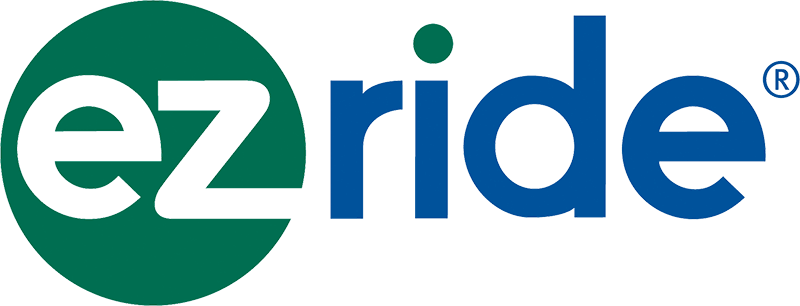The New Auto Frontier: Strategic Bets on an Electric Future

The global auto industry is at a turning point, with the U.S. and China leading two distinct markets. Traditional automakers face tough choices, as they cannot afford to simultaneously invest in electric vehicles (EVs), hybrids, and fossil-fuel models. As a result, they must focus their resources and make strategic bets. Here are some recent highlights shaping the future of EV adoption:
Toyota, in partnership with Idemitsu Kosan, is set to introduce groundbreaking solid-state battery technology by 2027. These batteries promise up to 745 miles of range on a single charge and can recharge in 10 minutes or less. With an expected lifespan of 8,000 to 10,000 charge cycles—far exceeding current lithium-ion batteries—this innovation could transform the EV landscape.
Waymo, Alphabet’s self-driving division, will begin building Jaguar I-PACE and Zeekr vehicles equipped with autonomous technology at a new Arizona facility this year, in partnership with Magna.
Meanwhile, Rivian is investing $120 million in a new supplier park near its Illinois plant as it prepares to launch a smaller, more affordable SUV next year.
Walmart has announced plans to build its own EV fast-charging network at thousands of Walmart and Sam’s Club locations nationwide by 2030. This expansion will add to the nearly 1,300 fast-charging stations already available at more than 280 U.S. facilities. With about 90% of Americans living within 10 miles of a Walmart or Sam’s Club—many in suburban and rural areas lacking public charging—these sites are well-positioned to improve charging access and support EV growth.
These developments highlight the accelerating momentum behind EV adoption and the industry’s commitment to a cleaner, more accessible transportation future.

